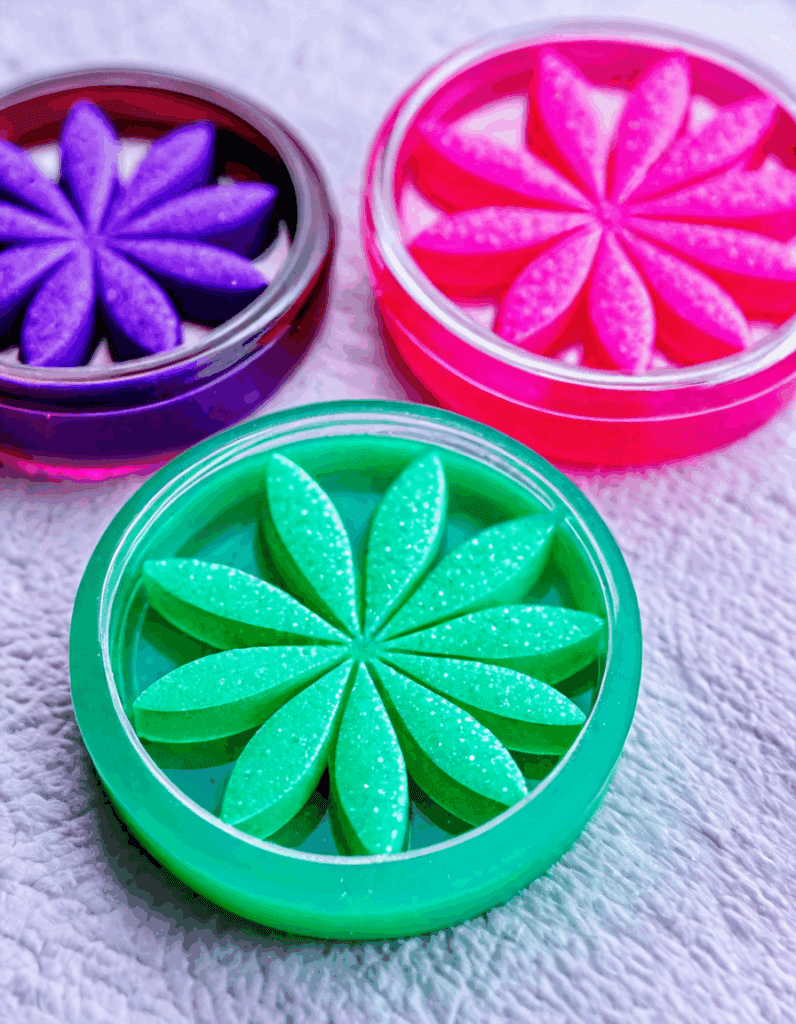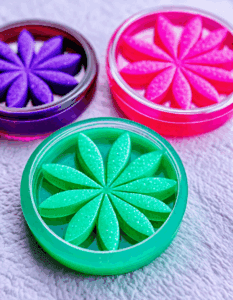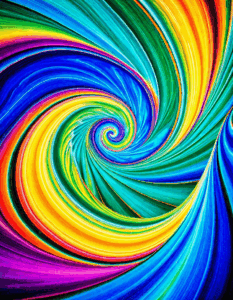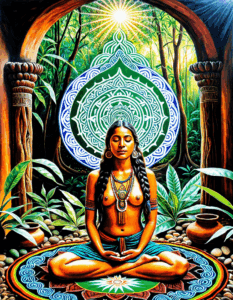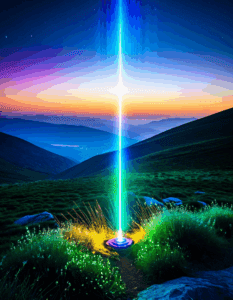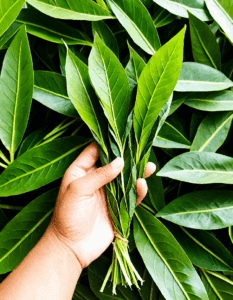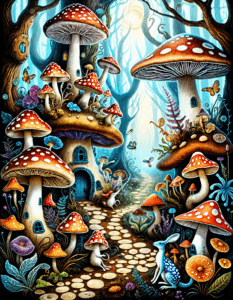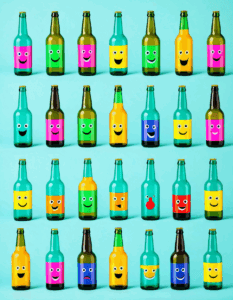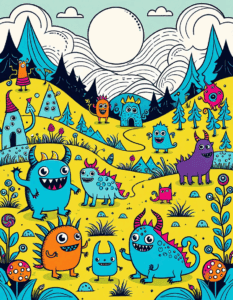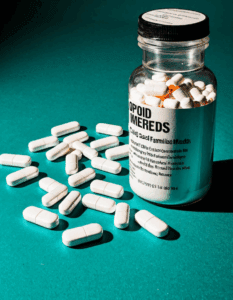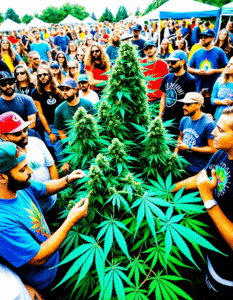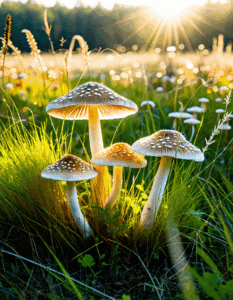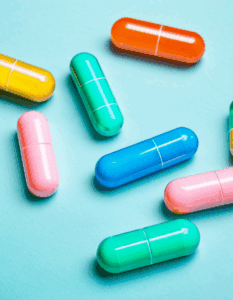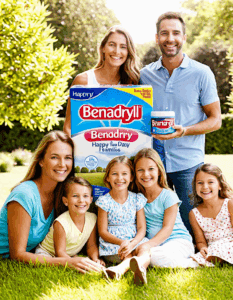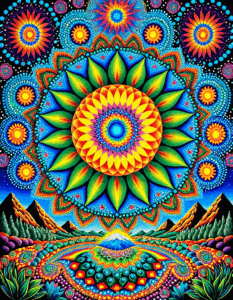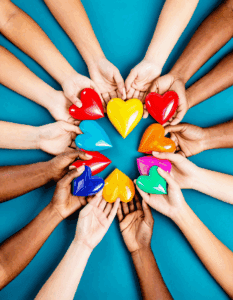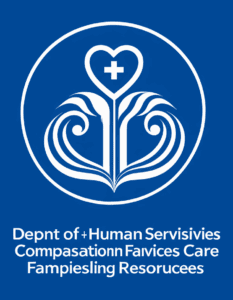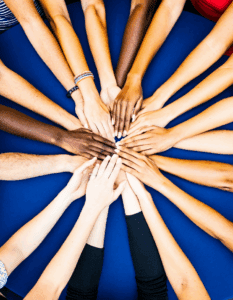The question “is MDMA ecstasy?” has become more than just a chemical inquiry; it touches on the lifestyle, connections, and experiences of many young people today. Over the last decade, MDMA—often referred to as ecstasy or molly—has captured the hearts (and minds) of many, especially in settings like music festivals and vibrant nightlife. The euphoria it can bring, alongside those warm feelings of connection with others, has made it a popular choice. But what’s really behind its appeal? Understanding MDMA requires a layered approach, one that digs deep into the socio-cultural dynamics and physiological responses that draw users into its embrace.
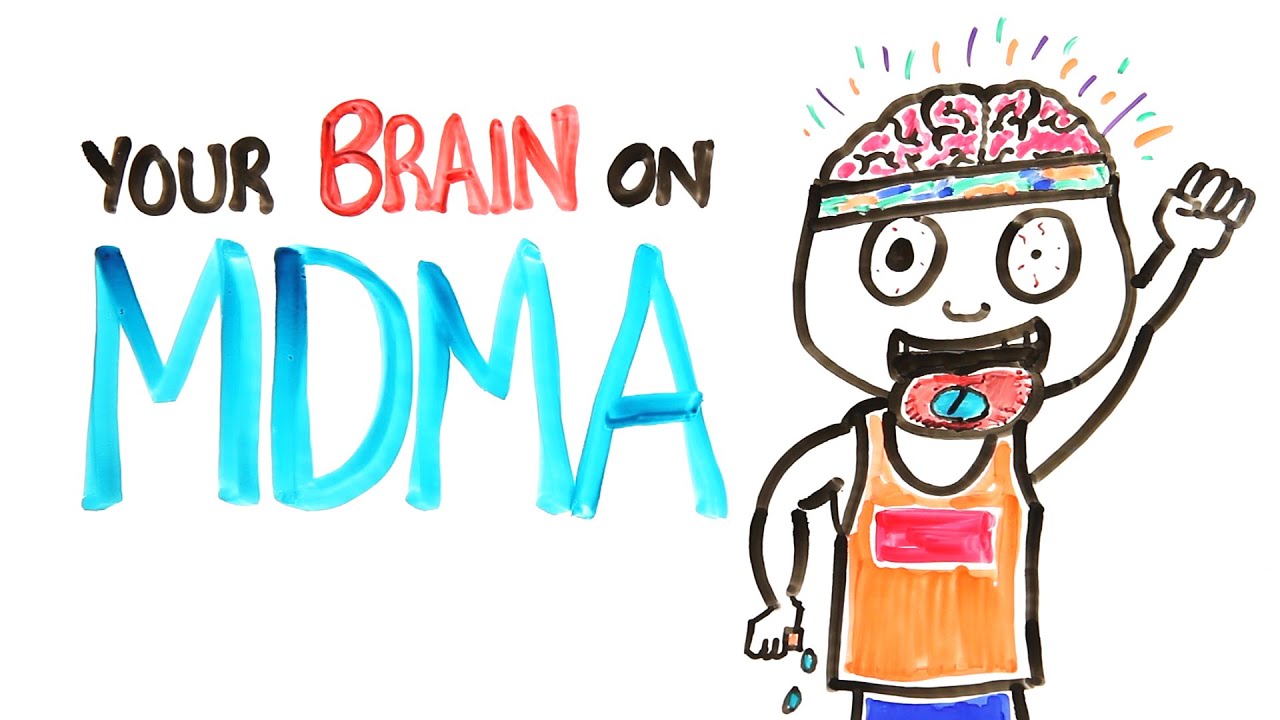
The Rise of MDMA Ecstasy: Understanding the Appeal
As we explore the surge of MDMA, we can’t ignore how our societal landscape has evolved. In a world increasingly focused on connection—both physical and emotional—MDMA offers a sense of joy and togetherness. At events like Electric Daisy Carnival and Coachella, large crowds of young people often turn to ecstasy to intensify their experiences. Music is a cornerstone of these events, and MDMA amplifies the sensation of rhythm, leading many to link the drug to creativity. Just imagine swaying under the dazzling lights, feeling every beat resonate with your very being. This euphoric experience can create bonds among users, weaving them into the fabric of a delightful community.
But that’s just the start. MDMA also heightens sensory experiences. Users often rave about the newfound pleasure in textures, sounds, and even the scent of different environments. DJ David Guetta often describes how music combined with MDMA creates an unparalleled audio-visual experience. It’s easy to see why many are drawn to this potent combination, thinking they’re simply enhancing their social activities.
Yet, lurking beneath this joyful surface lies the reality of MDMA usage. Many users naively believe that ecstasy is safer compared to other notorious drugs like heroin or cocaine. This misconception not only endangers them physically but can also lead to a psychological dependency over time. Understanding that drug addiction is a clinical diagnosis that involves behavioral change and severe lifestyle consequences becomes vital. Once someone finds themselves trapped, they can struggle significantly to break free.

Top 7 Factors Behind the Popularity of MDMA Ecstasy
Many seek MDMA for the emotional closeness it fosters. The collective experience at festivals often reinforces the bond among users.
The ecstasy-induced feelings of happiness and heightened sensory perceptions significantly enhance the enjoyment of music and dance.
Users often share a false sense of security surrounding MDMA, which can lead to dangerous consequences, including overdose linked with additives like fentanyl.
Popular culture continues to glamorize MDMA use in songs, films, and on social media. Celebrities often casualize their experiences, thus normalizing its use within youth culture.
Certain artists have claimed that MDMA fosters an enhanced creative flow. This notion tempts many to seek it out as a tool for inspiration.
Events dedicated to electronic dance music have made MDMA more readily available to the masses. Companies like Insomniac Events promote the idea of a euphoric experience alongside their music choices.
Ongoing debates about the status of various drugs, such as “is nicotine a drug?” or “is weed addictive 2025?”, may further nudge user perceptions that MDMA is less harmful compared to controlled substances.
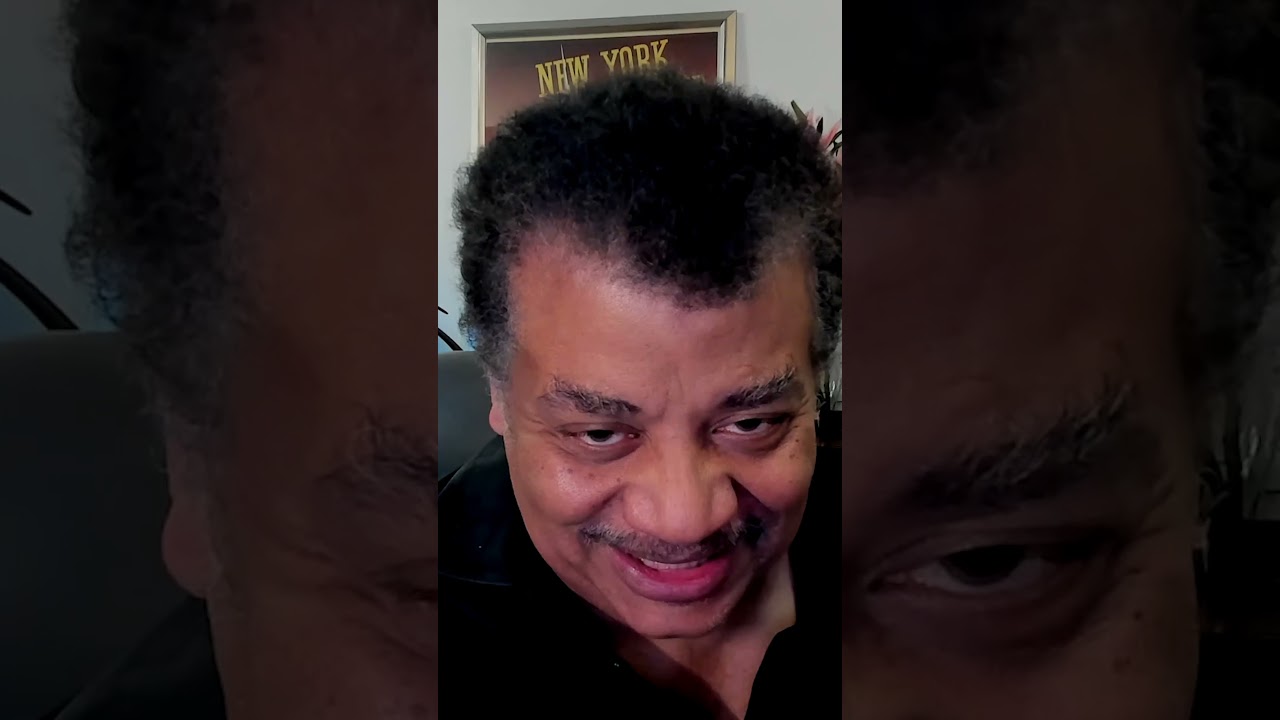
The Dark Side of Ecstasy: Addiction and Misuse Risks
Despite its euphoric reputation, the dark side of MDMA can go unnoticed. It’s important to recognize the potential for addiction and its lurking risks. While MDMA may not be as physically addictive as substances like opioids, users can develop a psychological dependency that disrupts their lives. As parents, being aware of this potential can foster meaningful conversations with your children about substance use.
Moreover, there’s a growing concern about the rising number of ecstasy pills contaminated with dangerous additives. Many users are unaware of what they consume, elevating the risk of severe adverse effects. It’s crucial for parents to understand these dangers, particularly the danger associated with drugs like fentanyl, which can be hiding in ecstasy.
Finally, as new ways of consuming drugs emerge, such as vaping, it raises questions like “is vaping a drug?” Current dialogue around these methods includes the search for safer consumption practices. We must recognize this growing trend and weigh the risks that could accompany altered methods.

Vaping and MDMA: Unveiling the New Frontiers
The exploration of vaping MDMA as a potential alternative has branched into significant conversations about the substance’s consumption. Proponents suggest that vaping could lessen some risks associated with pills or powders. In the age where “is vape a drug?” comes into play, it’s essential to recognize the difference in delivery methods and their implications on health.
However, engaging with drug alternatives like vaping demands thorough research. Can a drug test be administered with THC vapes? Exploring this concern assures clarity for those navigating the vaping world, while also impacting how communities approach drug education.
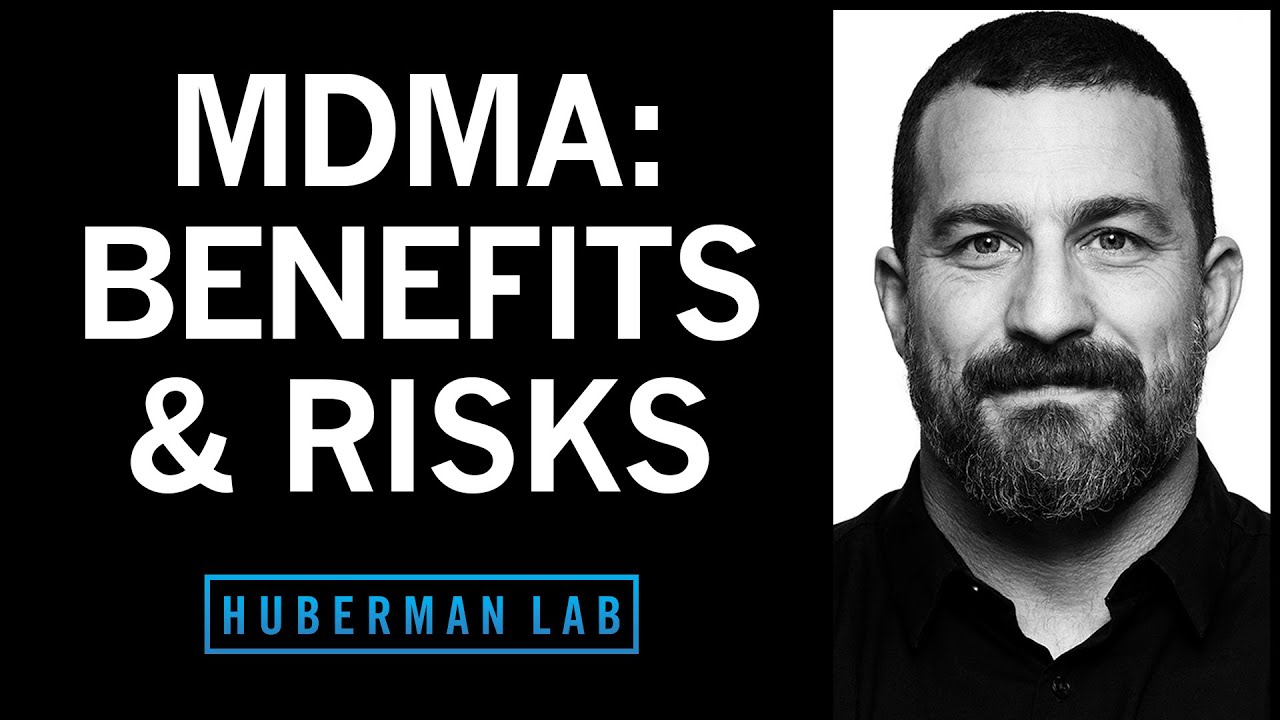
The Cannabis Connection: Is Weed Addictive?
Often, using cannabis becomes a focal point in discussions about addiction, leading to questions like “is ganja addictive?” or “is weed addictive 2025?” Understanding these perspectives provides a broader outlook on how these substances interrelate. Surprisingly, a 2025 survey revealed that 40% believed that MDMA was safer than marijuana—an alarming misconception.
In the face of such beliefs, shifting the dialogue to address the emotional and psychological ramifications of all drugs—including MDMA and cannabis—becomes critical. By tackling misinformation head-on, we can create strong support systems for individuals grappling with these complex issues.
Wrapping It All Up
The growing allure of MDMA ecstasy is intertwined with social trends, cultural movements, and misperceptions surrounding its safety. While experiencing joyous moments may draw individuals in, it’s essential to speak candidly about the risks associated with addiction, misuse, and the powerful influences of peer perceptions.
At www.MothersAgainstAddiction.org, our mission is to empower parents and communities to address these nuances, fostering open dialogues about the realities of substance use and its implications. By increasing awareness and promoting healthy choices, we can work together to shape a future where young people can thrive without succumbing to the traps of addiction. Together, we can build safer environments, support each other, and lessen the stigma surrounding addiction and recovery.
As we navigate these tumultuous waters, let’s remember that knowledge is power. Equipping ourselves and our youth with the right information prepares us to make responsible choices today for a brighter tomorrow.
Is MDMA Ecstasy: Fun Trivia and Interesting Facts
The Buzz Behind MDMA
So, what’s the deal with MDMA, or Ecstasy? It’s not just a party drug; it’s got a fascinating history. First synthesized in 1912, MDMA gained traction in the ’70s as a therapeutic tool before becoming popular on the dance scene. Did you know that some people compare MDMA’s effects to substances like DMT? If you’re curious about what that is, you can learn more here. Interestingly, its popularity has surged among younger crowds who often seek a sense of euphoria and connection.
However, the drug’s appeal transcends just feelings of joy. In recent years, studies have indicated that MDMA may help treat PTSD, shedding light on how it can be good for mental health. That’s a significant shift from the classic party image! Speaking of shifts, remember those quirky moments in films like Nineteen Eighty-Nine? Sometimes, art imitates life when it comes to substances and society.
MDMA and Culture
MDMA’s cultural impact is undeniable. It finds its way into everything from music festivals to cinematic representations. You might see echoes of MDMA in various films, akin to how Tulsa showcases real-life challenges. Interestingly, the Pirates Of The Caribbean 5 cast even delves into themes of escapism, reflecting the allure of substances like MDMA. It seems that many seek substances as a way to temporarily escape reality, just like the characters in these thrilling adventures.
In a twist, some people associate MDMA’s effects with Khat, a plant that has been used for recreational and medicinal purposes for centuries. It’s fascinating how comparable these experiences can be! If you want to dive deeper into What Khat is, check out this link: what khat.
The Other Compounds
Now, let’s not forget the intriguing comparisons with other psychedelics like Ayahuasca. Understanding substances like that can help illuminate the broader landscape of addiction and exploration. If you’re curious about how to pronounce Ayahuasca, you can find the pronunciation here. Another trip-worthy compound is 5-MeO-DMT, which has gained popularity for its intense experiences. Learning about these compounds enriches our understanding of the MDMA phenomenon—hinting at a search for deeper connections in our lives.
Maybe that’s why people are so drawn to MDMA. It opens up pathways for connection, introspection, and emotional exploration. Whether in music, films, or personal experiences, the allure of MDMA is multifaceted, isn’t it? Just remember, while it’s tempting to explore these pathways, understanding the associated risks is vital.


